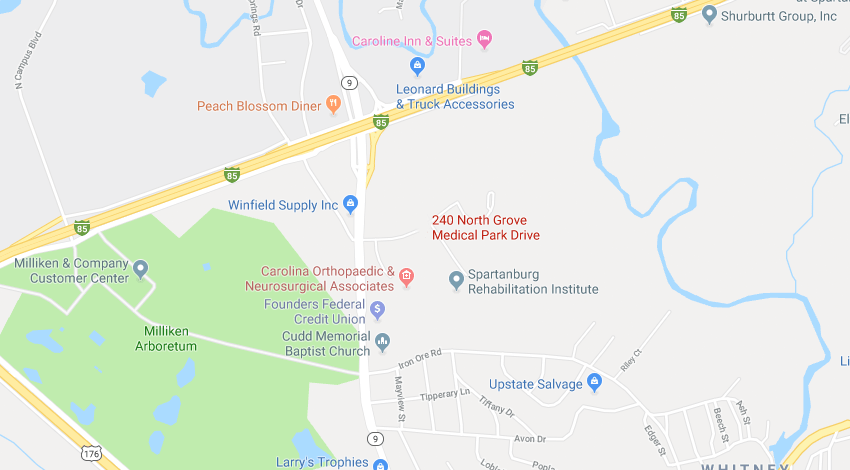Our Four Favorite Snack for Healthy Teeth
April 11th, 2019
Snacking often gets a bad rep because most people snack on junk food. But, you can rest easy knowing that there are healthy snacks that can actually improve your smile.
1 - Apples
Apples are packed with fiber, and that’s great news for teeth. Fiber is an excellent nutrient for mouth-health, and supports a healthy digestive system. Fibrous fruits and vegetables actually scrub teeth as they are being consumed, which helps remove bad mouth bacteria that lead to cavities and tooth decay. Apples contain about 4 grams of fiber, which is around 15% of the daily-recommended amount, depending upon age. Be sure to thoroughly rinse apples before eating them, and leave the skin on – which is a fantastic texture for scrubbing teeth.
2 - Cheese
Cheese is high in calcium, which promotes strong teeth and bones. But the benefits of cheese don’t end there. It also contains a protein called casein, which strengthens tooth enamel and helps keep cavities at bay. Cheese also helps prevent acid from destroying tooth enamel, and it’s a versatile snack that comes in countless varieties. Try finding a cheese that your child enjoys and pack them a few slices for the road. Cheese is easy to transport, and contains a lot of vital vitamins and nutrients that promote a healthy body and mouth.
3 - Carrots
Carrots are full of fiber and vitamin A. As you eat carrots, they stimulate saliva production which helps prevent the buildup of bad bacteria that can lead to cavities. Carrots are a great handheld snack that can be taken anywhere – which makes them easy to pack in a lunch! We suggest packing a small baggie of baby carrots for your child’s lunch as a mouth-healthy substitute for chips. You can make this snack even tastier (and more kid-friendly) by packing it with a bit of yogurt-based dip!
4 - Nuts
Nuts are another handy snack that promote a healthy mouth. Nuts are rich in protein, which helps to build stronger teeth. Chewing nuts promotes saliva production that naturally protects and cleans your teeth by clearing the mouth of debris and acid buildup that can lead to cavities. Nuts are a great healthy alternative to potato chips, or other salty snacks that your kids may crave.
Look for Nutritional Value
The nutritional make-up of mouth-healthy foods can really take your oral health to the next level. When purchasing food for mouth-health, look for foods that contain mouth-healthy vitamins and nutrient that support overall oral health. Vitamin A is essential for saliva production, and is found in oranges, carrots, kale and sweet potatoes. Vitamin C supports gum health, and promotes healthy oral tissue. You can find natural sources of Vitamin A in oranges, broccoli, kale and berries.



